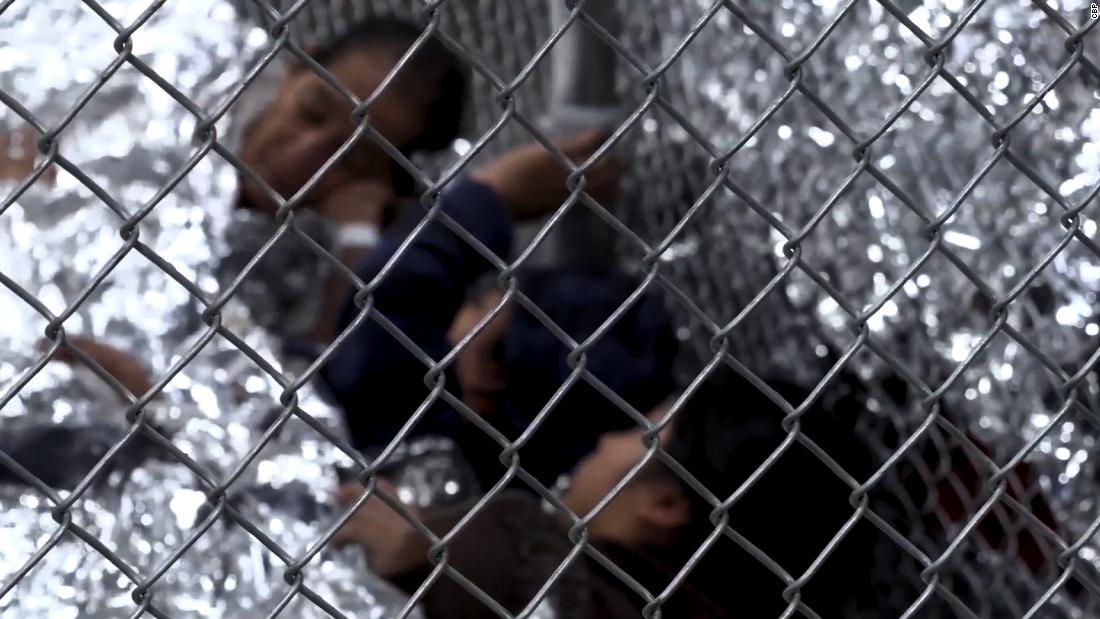[ad_1]
The 1997 Flores v. Reno court agreement had set nationwide policy for the detention and treatment of minors in immigration custody.
During the 1980s, the former government agency Immigration and Naturalization Service was accused of mistreating immigrant children, according to the Congressional Research Service report, resulting in a series of lawsuits that ended with the Flores settlement agreement.
The agreement was named for Jenny Lisette Flores, a 15-year-old girl from El Salvador. She fled her country in 1985 and tried to enter the United States to be with her aunt.
The American Civil Liberties Union filed a class-action suit on behalf of the girl and other minors, eventually leading to the Flores agreement.
The original settlement during the Clinton administration was designed to be temporary, pending the issuance of formal regulations. But administrations for two decades had instead followed the settlement and not issued such regulations.
For years, people criticized the INS, saying it hadn’t fully implemented the regulations laid out by the Flores agreement, according to the Congressional Research Service report.
Five years after the agreement, the Homeland Security Act of 2002 split up the responsibilities for processing and caring for immigrant children. Still, people worried that regulations were not being met.
In 2008, Congress passed the William Wilberforce Trafficking Victims Protection Reauthorization Act, which codified parts of the settlement into federal law, Meissner said.
In 2015, US District Judge Dolly Gee ruled that Flores requirements apply to both unaccompanied minors and children apprehended with their parents. This means that all minors must be released from detention if possible, Meissner said.
The Trump administration has made repeated attempts to change the Flores settlement agreement, arguing that it hinders the government from deterring undocumented immigrants from entering the country.
To comply with the Flores settlement and criminally prosecute 100% of illegal border crossings, the Trump administration separated adults from the children with whom they had crossed the border — detaining the adults in federal prisons while awaiting their criminal proceedings and sending the children to Health and Human Services’ facilities and shelters.
CNN’s Sam Fossum, Laura Jarrett and Clare Foran contributed to this report.
[ad_2]
Source link

